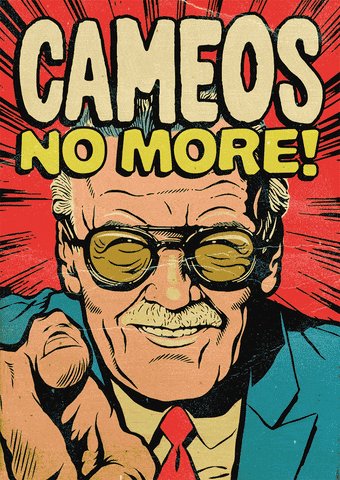I asked the press ombudsman: “Why is there not one single report about any crime sexual or otherwise in the Belgian press of either of the country’s languages involving a trans woman since January 2018.”
He said he doesn’t know 2/
I contact lots of journalist. No réponse. I follow up. No answer. Is there a rule, spoken or otherwise? Silence. Try to yourself: search the archives of Belgian papers in Dutch or French for the term “transwoman”
It’s all trans sob stories about living their truth 3/
Weird no? So I try to find out if sex crimes committed by women have gone up. But the stats are hard to parse, especially when COVID arrives. The police record everything about a crimes except sex. I ask the police repeatedly: when did you stop recording sex and why? Silence 4/
Are there trans women in prison? We don’t record that, fellow Belgian terfs were told. But I got to know some researchers who told me yea, plenty of men in with the women. In fact, there will be more of that soon
5/
The council of Europe apparently has decided that to separate women and men is not a familiar enough environment for reinsertion in the real world (i haven’t confirmed this). So eventually all prisons should be as mixed as possible 7/
So Belgium being the progressive little stalwart it is has gone ahead and carried out 3 separate mixed prison experiments (ongoing, results out 2023). My main takeaway (though I’m a terf so I’m biased): 8/
The top-tier alpha men get women, and pair off. The men who don’t pair off? They get upset and angry and tense. And the prison guards have to deal with the fallout. Prison incels. They are creating prison incels. 9/
The people carrying out this research are young queer theory idealists. One of the prison projects roughly translates as de-gendering prisons (in French). I asked one of them: aren’t the women afraid? She said they would never let anything happen to each other. 10/
One researcher told me that there was a case of a trans “woman” that she was aware of who had a psychotic break and attacked a female prisoner. “But that person was mentally unwell” she told me. Oh ok then! 11/
I contacted social workers from inside prisons “I have a lot to say about that but I can’t” was one response. “I’m burnt out, I need a break” was another. I even contacted journalists who made names for themselves uncovering stories that powerful people wanted hidden. Nope. 12/
So is the fact that there have been no stories (as far as I can tell - and I have searched on and off for months) about transwomen committing sexual crimes evidence that transwomen are not doing so? There is no reason to think this is true. 14/
More likely: as many have pointed out, small chill countries (more dependent on institutions like the EU) like Malta, Ireland and Belgium are the laboratories where this bullshit was tested out on an unsuspecting populace. 15/
The most shameful of all, I believe, Is an organisation I thought would be the last place we could put some hope:
@investigate_eu: how did this all happen so fast? Where is the pressure coming from? Why the silence? 16/
Investigate Europe didn’t even answer my email.
What a time to be alive: massive changes being *stealthily* made by shady American donors to our very understanding of reality itself. The investigators? The truth-seekers? Absent. Afraid. Cowed. 17/
But then you look at their donor list: it’s the same people who fund
@ILGAEurope and
@TGEUorg and the lobbies that push this sexist regressive men’s rights movement on us.
We’re all alone. It’s up to us. Start searching, asking questions. They have fucking abandoned us.




















